- Teacher: Kimberly Brodkin
Lewis & Clark Moodle
Search results: 626
- Teacher: Kimberly Brodkin
- Moodle-makers: Daena Goldsmith
- Moodle-makers: Deborah Heath
- Moodle-makers: Nancy Hugg
- Teacher: Carol Doyle
- Teacher: Maia Penchansky
A space for non-exempt staff discussion and projects
- Moderator: Emily Morin
- Moderator: Joanie O'Brien
- Moderator: Annette Skaugset
- Moderator: Marjorie Synakiewicz
- Coordinator: Hanna Neuschwander
- Coordinator: Barbara Shepperson
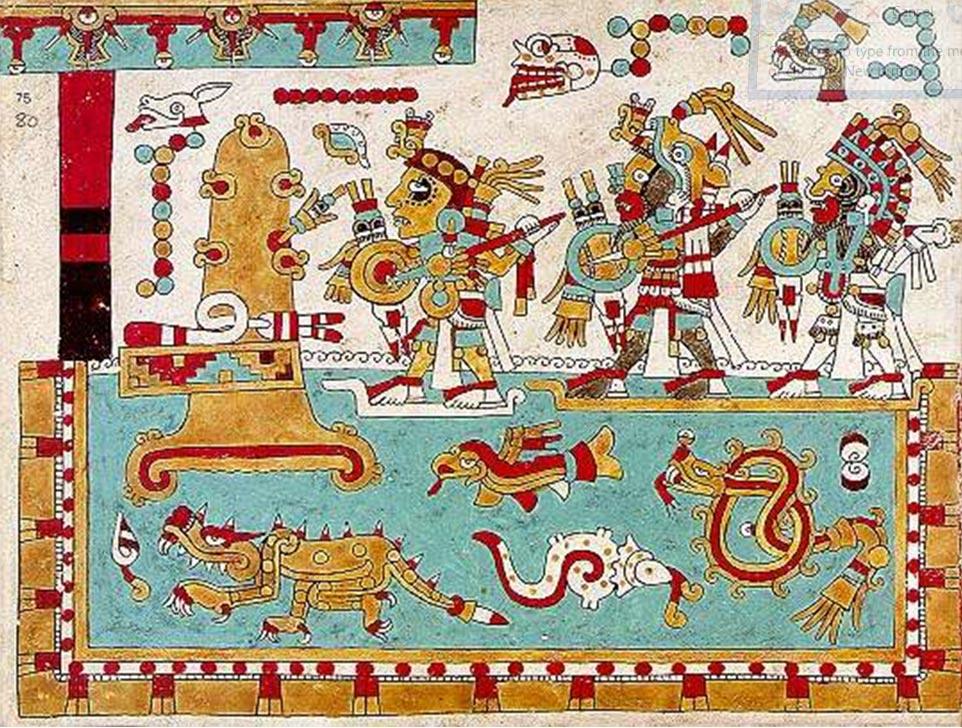
contact cultures through the onset of independence
movements in the early 19th century. Cultural
confrontations, change, and Native American
accommodation and strategies of evasion in dealing
with the Hispanic colonial empire.
- Teacher: Elliott Young
- Teacher: Nancy Gallman
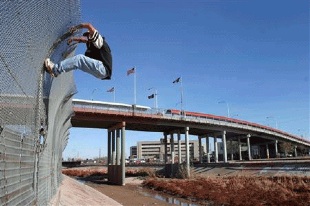
As well as studying the basic political/economic history of the border, we will explore the impact of the border on the construction of racial, national, gender and class identities. Thus, we will be seeking to understand what the border and the borderlands can teach us about ethnic and transnational relations more generally. We begin in the sixteenth century when this region was being settled by Spaniards moving north from New Spain to highlight the continuities between the colonial and national eras. However, we will spend most of our time examining the nineteenth and twentieth centuries when the US-Mexico border came into existence. Themes we will explore include race relations, capitalist development, ethnic rebellion, transculturation, migration, gender, cross-border organizing, and postmodern transborder communities.
- Teacher: Elliott Young
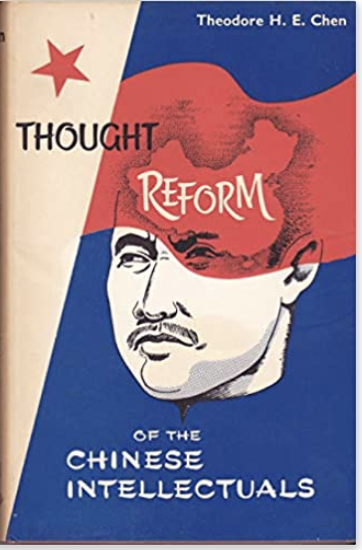
- Teacher: Susan Glosser
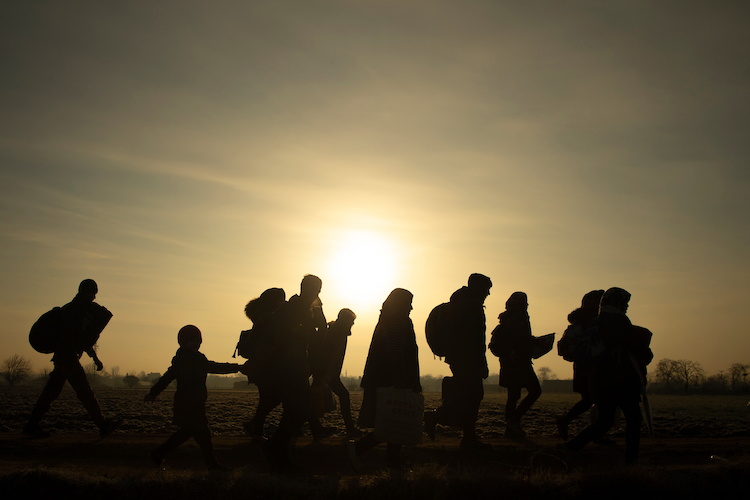
and as a practice. Focus on public history
projects. Varies by instructor's area of teaching
and research. The final project will be a
historically based project that is either
disseminated to the general public or serves a
community beyond the college. The course will
explore various forms of public history, including
community-engaged research, museum exhibits, audio
podcasts, videos, archival projects, etc.
Exploration of the ethics and problematics of
doing community-engaged research.
- Teacher: Elliott Young
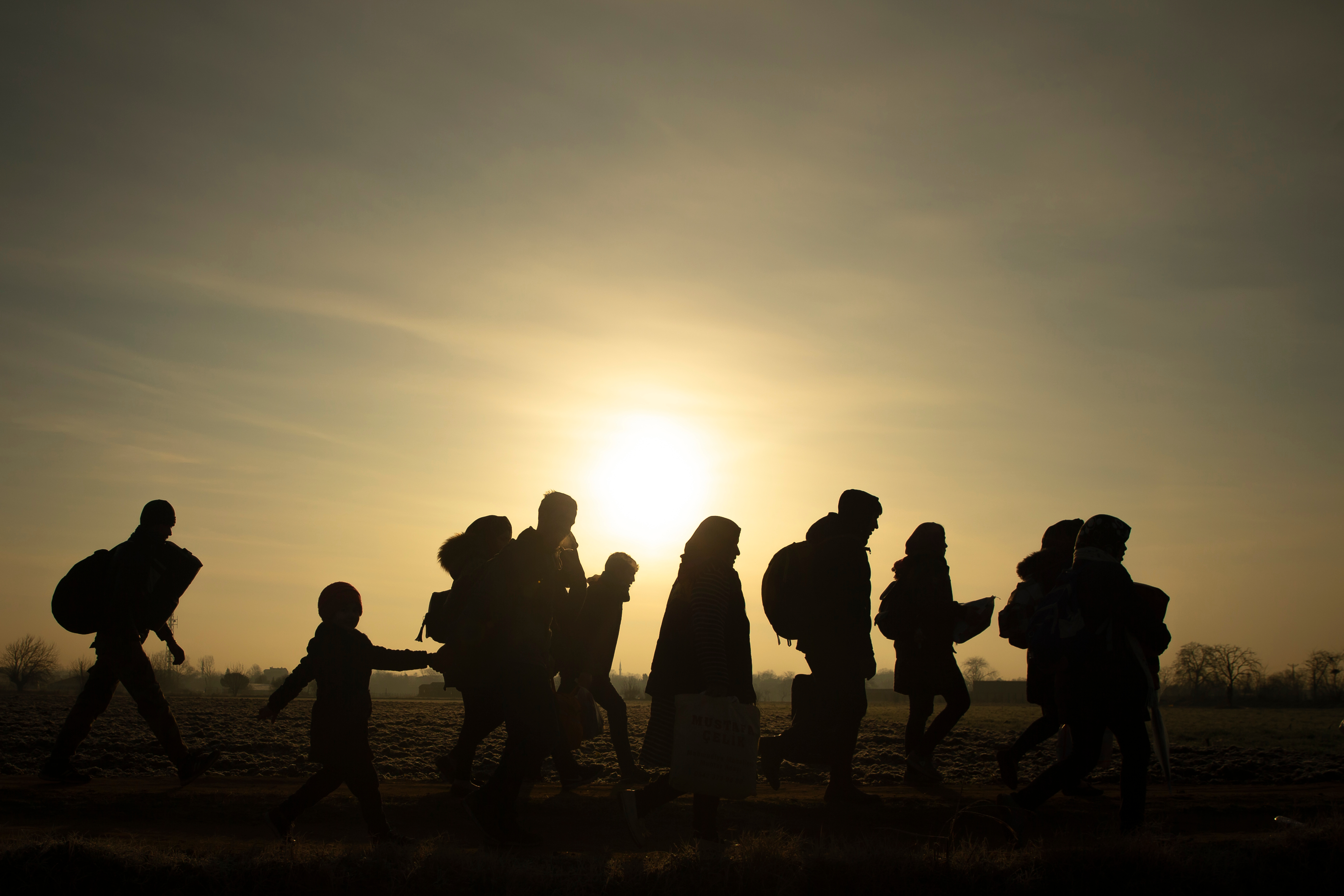
and as a practice. Focus on public history
projects-varies by instructor's area of teaching
and research. The final project will be a
historically based project that is either
disseminated to the general public or serves a
community beyond the college. The course will
explore various forms of public history, including
community-engaged research, museum exhibits, audio
podcasts, videos, archival projects, etc.
Exploration of the ethics and problematics of
doing community-engaged research.
- Teacher: Elliott Young
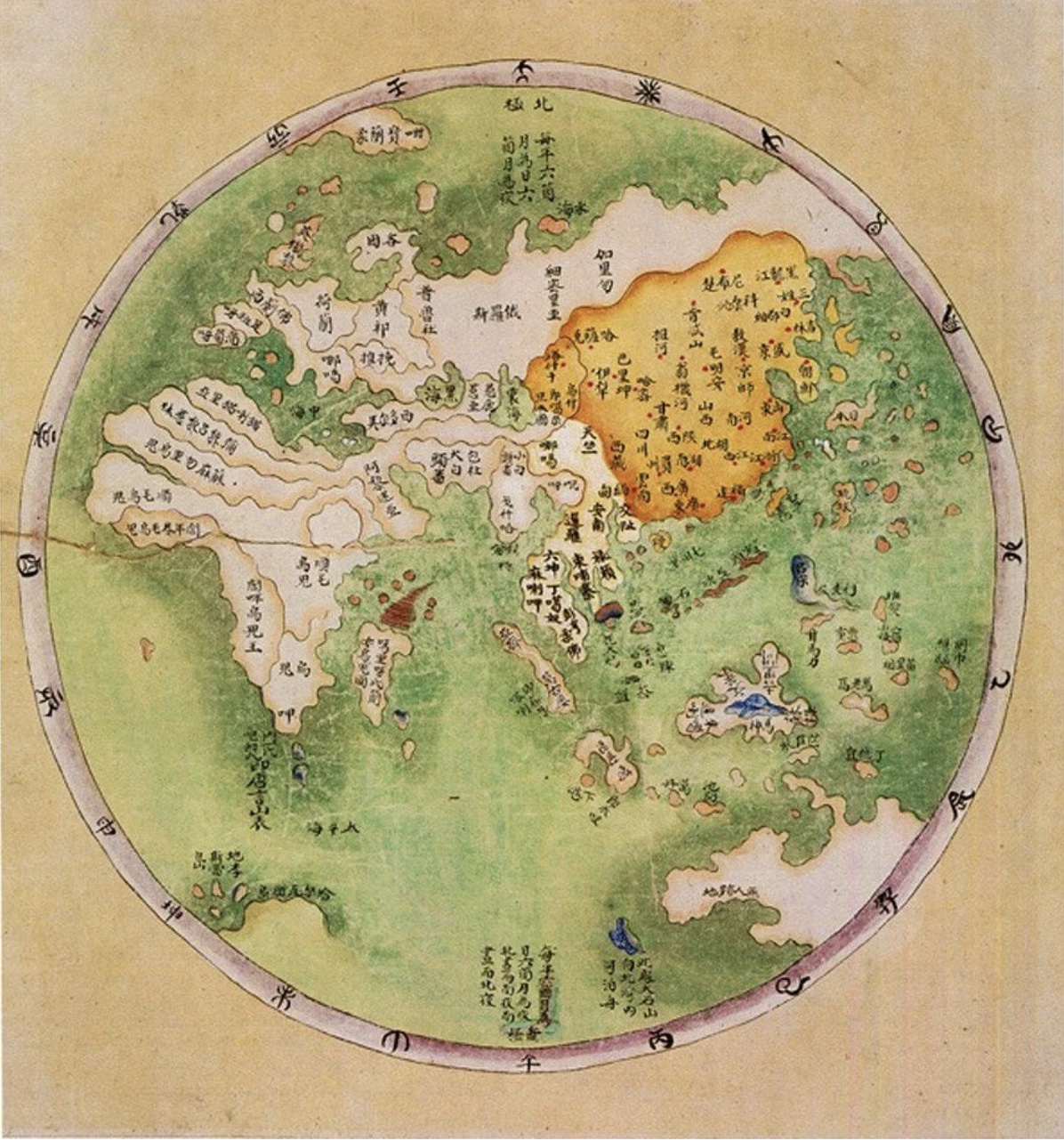
- Professor: Susan Glosser
- Teacher: Lydia Loren
- Teacher: Blythe Knott
- Teacher: Nicole Schneider
- Teacher: Kaitlin Sommerfeld
skills with emphasis on overall communication
proficiency. Vocabulary, sentence structure, aural
comprehension. Ability to function in
everyday-life situations in Japan. Contemporary
Japanese culture introduced in context of language
learning.
- Teacher: Mayu Maeda
- Teacher: Satomi Newsom
- Teacher: Satomi Newsom
- Teacher: Chiho Yamahara
language skills with emphasis on overall
communication proficiency. Vocabulary, sentence
structure, aural comprehension. Ability to
function in everyday-life situations in Japan.
Contemporary Japanese culture introduced in
context of language learning.
- Teacher: Satomi Newsom
language skills with emphasis on overall
communication proficiency. Vocabulary, sentence
structure, aural comprehension. Ability to
function in everyday-life situations in Japan.
Contemporary Japanese culture introduced in
context of language learning.
- Teacher: Satomi Newsom
writing. Expository and creative writing, syntax,
idiomatic usage emphasized to promote fluency.
Review and consolidation of grammar and vocabulary
learned in previous years, expansion of structural
and idiomatic command. Readings in increasingly
natural Japanese, including contemporary short
stories and current newspaper and magazine
articles. Short oral presentations, compositions,
other exercises to build general language
proficiency. With consent of instructor, may be
taken twice for credit.
- Teacher: Mayu Maeda
- Teacher: Satomi Newsom
- Teacher: Keiko Ueda
- Teacher: Satomi Sato
- Teacher: Keiko Ueda
- Teacher: Chiho Yamahara
- Teacher: Mayu Maeda
- Teacher: Satomi Newsom
- Teacher: Keiko Ueda
- Teacher: Lisa Benjamin
- Teacher: Melissa Powers
- Teacher: Lisa Benjamin
- Teacher: Melissa Powers
- Teacher: Angela Aneiros
- Teacher: Lydia Loren
- Teacher: Lydia Loren
- Teacher: Lydia Loren
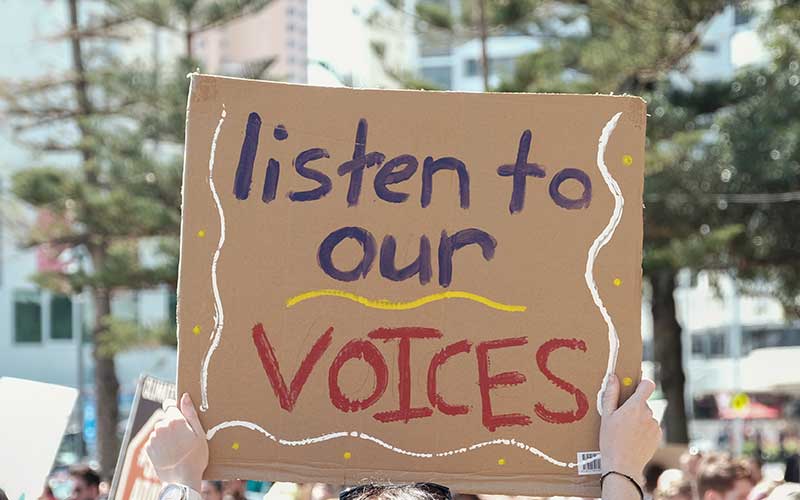
- Teacher: Lisa Benjamin
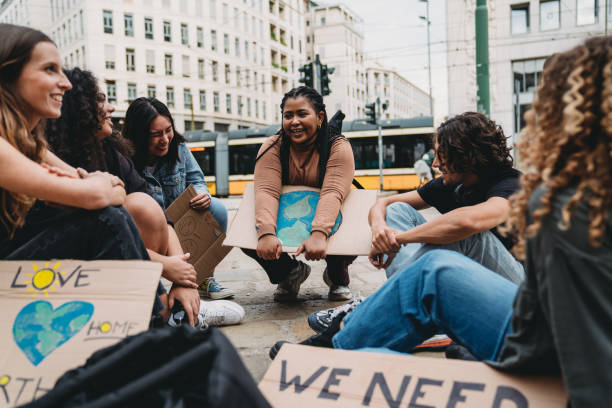
demands fair treatment in the context of
environmental protection for all people,
regardless of race, ethnicity, gender, religious
affiliation, economic status, national origin and
education level. It looks at environmental issues
through the lens of discrimination and assesses
how that discrimination shapes both vulnerability
and resilience. This course examines the
Environmental Justice movement and the
disproportionate impacts borne by vulnerable
constituents in the domestic and international
context of government regulation, corporate
activity, climate and energy concerns, and
environmental degradation. Readings include
selected cases, law review articles, case studies,
executive orders, legislation, and UN
declarations.
In addition to the course texts and supplemental
readings, we will also view select documentaries
and hear from guest speakers from community-based
organizations working to address racial and
socioeconomic disparities.
- Teacher: Lisa Benjamin

The Environmental Justice movement
demands fair treatment in the context of
environmental protection for all people,
regardless of race, ethnicity, gender, religious
affiliation, economic status, national origin and
education level. It looks at environmental issues
through the lens of discrimination and assesses
how that discrimination shapes both vulnerability
and resilience. This course examines the
Environmental Justice movement and the
disproportionate impacts borne by vulnerable
constituents in the domestic and international
context of government regulation, corporate
activity, climate and energy concerns, and
environmental degradation. Readings include
selected cases, law review articles, case studies,
executive orders, legislation, and UN
declarations.
In addition to the course texts and supplemental
readings, we will also view select documentaries
and hear from guest speakers from community-based
organizations working to address racial and
socioeconomic disparities. The class will be
graded principally on the basis of a final
research paper, along with class participation and
presentations.
Summer 2024 Course Descripton
This section will be offered online.
This class will explore the causes of and
solutions to environmental racism and injustice.
It will consider disparities faced by communities
of color, indigenous peoples, and low-income
groups in access to and control over the
environmental requisites for health and
well-being. The class will examine various legal
tools' potential to help bring about environmental
justice, highlighting the appropriateness of
different tools for different contexts. Students
will be expected to view the class videos and
participate in online discussion in the time
frames allotted.
- Teacher: Lisa Benjamin
This course surveys the four main areas of intellectual property law:
• Trade Secrets
• Patent Law
• Copyright Law
• Trademark Law
It introduces each area of the law and explores commonalities and differences among the different systems of intellectual property protection. The course is intended for all students who seek a basic understanding of the laws applicable to key assets of many businesses, as well as for students interested in becoming IP specialists.
- Teacher: Tricia Juettemeyer
Intellectual Property Law Survey course if they:
(a) have already taken two or more of the
following three courses: Copyright Law, Patent Law
& Policy, Trademark Law; (b) will be concurrently
enrolled in two or more of the three courses in
the same semester as the Intellectual Property
Survey; or (c) have already taken one of those
three courses and will be concurrently enrolled in
one or more of the three courses in the same
semester as the Intellectual Property Survey.
This course surveys the main areas of
intellectual property law, including state trade
secrecy and unfair competition law, and
federal patent, copyright, trademark law. It
introduces each subject and explores
commonalities and differences among different
systems of intellectual property protection. A
central theme is the challenges to traditional
legal paradigms posed by new technologies and the
shift to an information-based economy. The course
is intended for all students who seek a basic
understanding of the laws applicable to key
assets of most businesses, as well as for
students interested in becoming intellectual
property specialists. Each unit of the course
includes a required hands-on exercise to
reinforce the doctrine covered during class.
- Teacher: Lydia Loren

Public Lands and Resource Law - Professor Dan
Rohlf
Course Type: Foundational
Credits: 3
Description: This course surveys the
constitutional, statutory and common law governing
the management of federal lands. It includes a
review of the history of public land acquisition,
disposition, and reservation, and also examines
the authority of Congress, the executive, the
judiciary, and the states over public lands which
predominate in the western United States. The
course examines laws related to the use of forest,
range, mineral, water, wildlife, recreation and
wilderness resources of the public lands as well
as the application of the National Environmental
Policy Act and the Endangered Species Act to
federal lands.
- Teacher: Daniel Rohlf

- Teacher: Daniel Rohlf

Public Lands and Resource Law - Professor Dan
Rohlf
This course surveys the
constitutional, statutory and common law governing
the management of federal lands. It includes a
review of the history of public land acquisition,
disposition, and reservation, and also examines
the authority of Congress, the executive, the
judiciary, and the states over public lands which
predominate in the western United States. The
course examines laws related to the use of forest,
range, mineral, water, wildlife, recreation and
wilderness resources of the public lands as well
as the application of the National Environmental
Policy Act and the Endangered Species Act to
federal lands. We'll also discuss changes in public lands laws and policies likely to take place during the second Trump Administration.
- Teacher: Daniel Rohlf
- Teacher: Russ Mead
- Teacher: Russ Mead
policies designed to promote renewable energy
development. The course will review the existing
renewable energy technologies and the practical
limitations involved in their development, siting,
and integration into the U.S. electricity grid.
The course will also explore the most common
renewable energy laws, including subsidies,
renewable portfolio standards, PURPA, and net
metering. The course will consider how these laws
operate within the existing electricity regulatory
system and examine recent efforts to reform
utility regulation. Finally, the course will
explore transmission regulation for renewable
resources and the legal and policy framework for
electricity storage. The class will focus on
renewable energy development in the United States,
but may also provide some comparative examples of
renewable energy policies used in other countries.
- Teacher: Melissa Powers
- Teacher: Devra Hermosilla
- Teacher: Devra Hermosilla
of how to start, operate, and manage your legal
practice - with a focus on law firm and solo
practice, while also incorporating other practice
settings. Topics explored include: understanding
practice fundamentals, law practice as a business,
law firm structures and logistics, financial
management, timekeeping, billing, and trust
accounts, marketing plans, client management,
human resources, practice tools and technology,
issues surrounding professionalism and reputation
management, common ethical issues and obligations,
key resources for Oregon attorneys, and the basics
of risk management and professional liability.
Students will explore course topics by researching
and drafting interim assignments and a small
firm/solo business practice plan, which will be
submitted at the end of the course. Class
participation individually and in groups is
strongly encouraged. While particularly relevant
to students planning on a career in small firm or
solo practice, this course will benefit any new
attorney.
- Teacher: Devra Hermosilla
- Teacher: Devra Hermosilla

- Teacher: Daniel Rohlf

- Teacher: Daniel Rohlf
- Teacher: Chris Wold
laws and institutions in the field of
international environmental law. The course begins
with a review of the fundamental underpinnings of
environmental and international law, including the
precautionary principle, polluter pays principle,
state responsibility for environmental harm, and
permanent sovereignty over natural resources. The
course next examines issues of the global commons,
such as ozone depletion, climate change, and
depletion of ocean resources. It explores
international treaties to protect biological
diversity, including the Convention on
International Trade in Endangered Species, the
Convention on Biological Diversity, and the
International Convention for the Regulation of
Whaling. It also examines major pollution issues,
such as hazardous waste trade. Throughout these
discussions, we examine development issues, the
polarization of issues as developed and developing
country issues, and the role of nongovernmental
organizations (NGOs) in the development and
enforcement of international environmental law.
- Teacher: Chris Wold
- Teacher: Chris Wold
- Coordinator: Hanna Neuschwander
- Coordinator: Matthew West

The Lewis & Clark Community Counseling Center is a clinical training facility for graduate students completing degree programs in the Department of Counseling Psychology. Student-trainees work under faculty supervision to provide therapy services to clients from Oregon and Washington area. Lewis & Clark faculty instructs and supervises trainees in practicum and internship courses at the Center.
The Center offers individual, couples, family, and group therapy to address a broad range of mental health, addiction/substance use, and relational concerns. Additionally, the center offers outreach and consultation services including workshops and seminars. Clients are generally from the community at large.- Teacher: LC Community Counseling Center
- Teacher: Nori Gruber
- Teacher: Justin Henderson
necessary to practice family therapy from
liberation and social justice based frameworks.
This includes interrogating multiple embedded
systems of power and privilege relative to
interconnections of identity and social position.
Focus is on helping students become capable family
therapists in diverse global and multicultural
contexts, including becoming aware of their own
beliefs, biases, and prejudices relative to
culture, race, ethnicity, gender, age, sexual
orientation, socioeconomic status, physical or
mental ability, religion or spirituality, health
or legal status, or nation of origin, or other
marginalized and underserved communities.
- Teacher: Erica Hartwell
- Teacher: Erica Hartwell
necessary to practice family therapy from
liberation and social justice based frameworks.
This includes interrogating multiple embedded
systems of power and privilege relative to
interconnections of identity and social position.
Focus is on helping students become capable family
therapists in diverse global and multicultural
contexts, including becoming aware of their own
beliefs, biases, and prejudices relative to
culture, race, ethnicity, gender, age, sexual
orientation, socioeconomic status, physical or
mental ability, religion or spirituality, health
or legal status, or nation of origin, or other
marginalized and underserved communities.
- Teacher: Erica Hartwell
- Teacher: Erica Hartwell
necessary to practice family therapy from
liberation and social justice based frameworks.
This includes interrogating multiple embedded
systems of power and privilege relative to
interconnections of identity and social position.
Focus is on helping students become capable family
therapists in diverse global and multicultural
contexts, including becoming aware of their own
beliefs, biases, and prejudices relative to
culture, race, ethnicity, gender, age, sexual
orientation, socioeconomic status, physical or
mental ability, religion or spirituality, health
or legal status, or nation of origin, or other
marginalized and underserved communities.
- Teacher: Erica Hartwell
- Teacher: Erica Hartwell
explore 1) privacy, personal space, social interactions, 2) safety in community and social life,
3) relationships between social class and mobility, 4) dynamics of boundaries and resistance, and (5) relevance of these for case conceptualization and treatment planning.
- Teacher: Carmen Knudson-Martin
- Teacher: Stella Kerl-Mcclain
- Teacher: Stella Kerl-Mcclain
lenses of social, cultural, cognitive, biological,
and learning theories and research. Emphasis is on
gaining better conceptual understanding of healthy
development and better practical understanding of
how to help children, adolescents, and adults
address the developmental challenges they face
across the life span. Particular focus placed on
understanding our own developmental processes as
well as the role of cultural difference and
commonality in the developmental process.
- Teacher: Jeffrey Christensen
- Teacher: Renee Lovejoy
- Teacher: Jeffrey Christensen
- Teacher: Alexia Deleon
- Teacher: Stella Kerl-Mcclain
- Teacher: Jessica Calcagni
lenses of social, cultural, cognitive, biological,
and learning theories and research. Emphasis is on
gaining better conceptual understanding of healthy
development and better practical understanding of
how to help children, adolescents, and adults
address the developmental challenges they face
across the life span. Particular focus placed on
understanding our own developmental processes as
well as the role of cultural difference and
commonality in the developmental process.
- Teacher: Krystal Marcinkiewicz
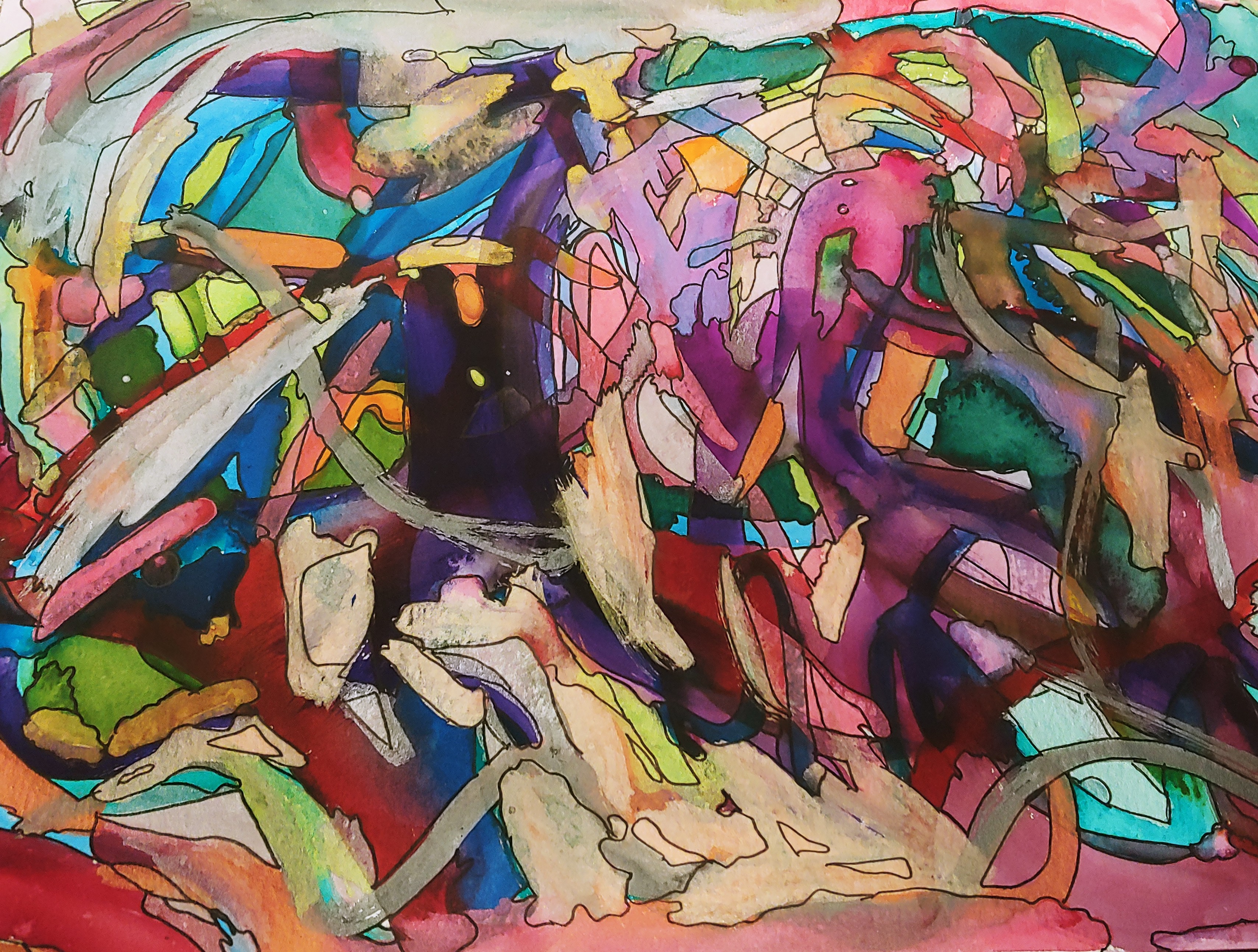
- Teacher: Renee Lovejoy
- Teacher: Jeffrey Christensen
lenses of social, cultural, cognitive, biological,
and learning theories and research. Emphasis is on
gaining better conceptual understanding of healthy
development and better practical understanding of
how to help children, adolescents, and adults
address the developmental challenges they face
across the life span. Particular focus placed on
understanding our own developmental processes as
well as the role of cultural difference and
commonality in the developmental process.
- Teacher: Jessica Calcagni
Exploration of life span development through the, lenses of social, cultural, cognitive, biological,, and learning theories and research. Emphasis is on, gaining better conceptual understanding of healthy, development and better practical understanding of, how to help children, adolescents, and adults, address the developmental challenges they face, across the life span. Particular focus placed on, understanding our own developmental processes as, well as the role of cultural difference and, commonality in the developmental process.
- Teacher: Lillie Elkins
- Teacher: Alice Flood
- Teacher: Krystal Marcinkiewicz
- Teacher: Chelene Blair
- Teacher: Natalie Ducatenzeiler
lenses of social, cultural, cognitive, biological,
and learning theories and research. Emphasis is on
gaining better conceptual understanding of healthy
development and better practical understanding of
how to help children, adolescents, and adults
address the developmental challenges they face
across the life span. Particular focus placed on
understanding our own developmental processes as
well as the role of cultural difference and
commonality in the developmental process.
- Teacher: Krystal Marcinkiewicz
- Teacher: Justin Henderson
- Teacher: Amy Rees
- Teacher: Justin Henderson
- Teacher: Amy Rees
- Teacher: Justin Henderson
- Teacher: Justin Henderson
- Teacher: Amy Rees
critical thinking, case conceptualization, and
treatment planning skills. Students develop their
abilities to gather data, conceptualize from their
emerging theoretical perspectives, and plan
treatment. Uses an ecological and social-justice
framework to view the client in context, apply
evidence-based practice with cultural sensitivity,
and plan interventions across multiple systems
(individual, family, and community).
- Teacher: Amy Rees
- Teacher: Gianna Russo-Mitma
- Teacher: Justin Henderson
- Teacher: Amy Rees
- Teacher: Jessica Ferrante
critical thinking, case conceptualization, and
treatment planning skills. Students develop their
abilities to gather data, conceptualize from their
emerging theoretical perspectives, and plan
treatment. Uses an ecological and social-justice
framework to view the client in context, apply
evidence-based practice with cultural sensitivity,
and plan interventions across multiple systems
(individual, family, and community).
- Teacher: Amy Rees
- Teacher: Justin Henderson
- Teacher: Justin Henderson
- Teacher: Amy Rees
- Teacher: Jessica Ferrante
- Teacher: Amy Rees
- Teacher: Tever Nickerson
- Teacher: Amy Rees
- Teacher: Justin Henderson
- Teacher: Amy Rees
- Teacher: Jessica Ferrante
- Teacher: Amy Rees
critical thinking, case conceptualization, and
treatment planning skills. Students develop their
abilities to gather data, conceptualize from their
emerging theoretical perspectives, and plan
treatment. Uses an ecological and social-justice
framework to view the client in context, apply
evidence-based practice with cultural sensitivity,
and plan interventions across multiple systems
(individual, family, and community).
- Teacher: Kate Madden
- Teacher: Tever Nickerson
- Teacher: Amy Rees
- Teacher: Amy Rees
- Teacher: Amy Rees
critical thinking, case conceptualization, and
treatment planning skills. Students develop their
abilities to gather data, conceptualize from their
emerging theoretical perspectives, and plan
treatment. Uses an ecological and social-justice
framework to view the client in context, apply
evidence-based practice with cultural sensitivity,
and plan interventions across multiple systems
(individual, family, and community).
- Teacher: Tever Nickerson
- Teacher: Gianna Russo-Mitma
- Teacher: Justin Henderson
- Teacher: Amy Rees